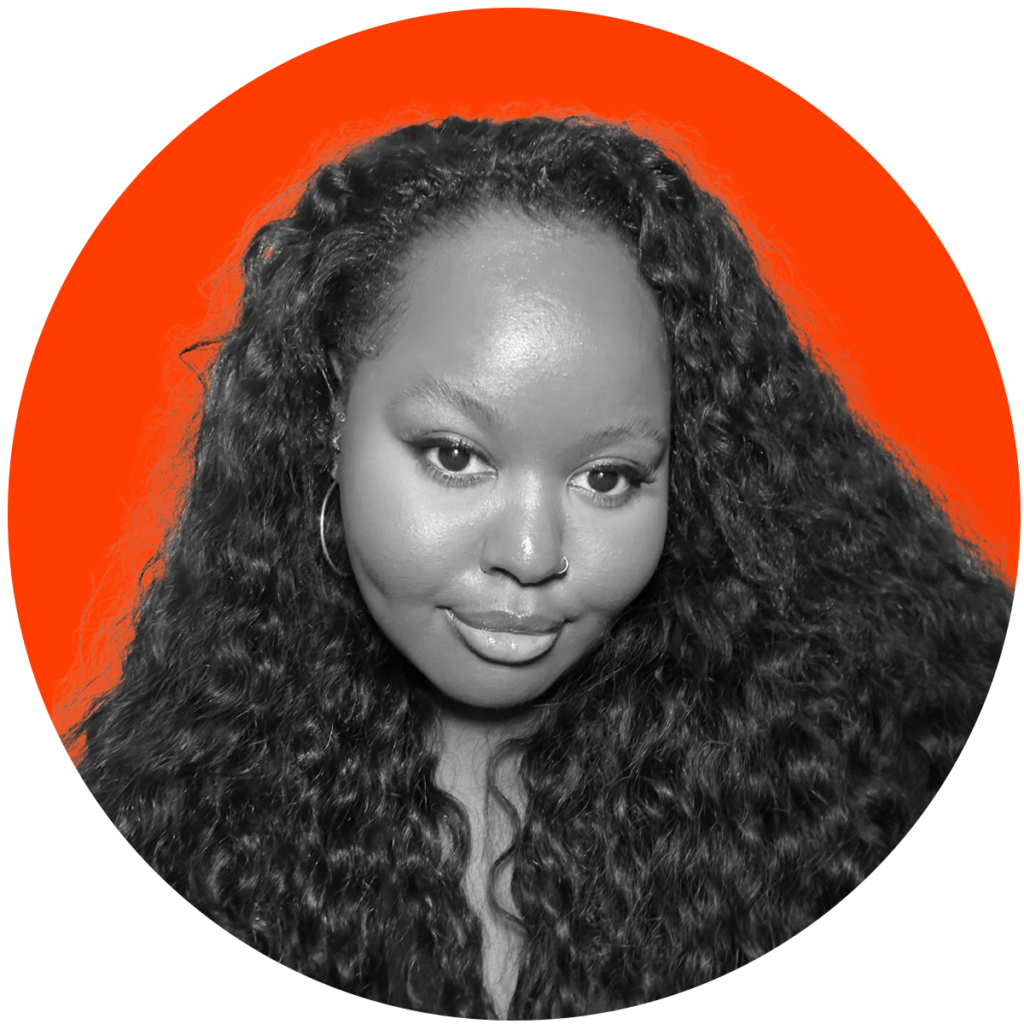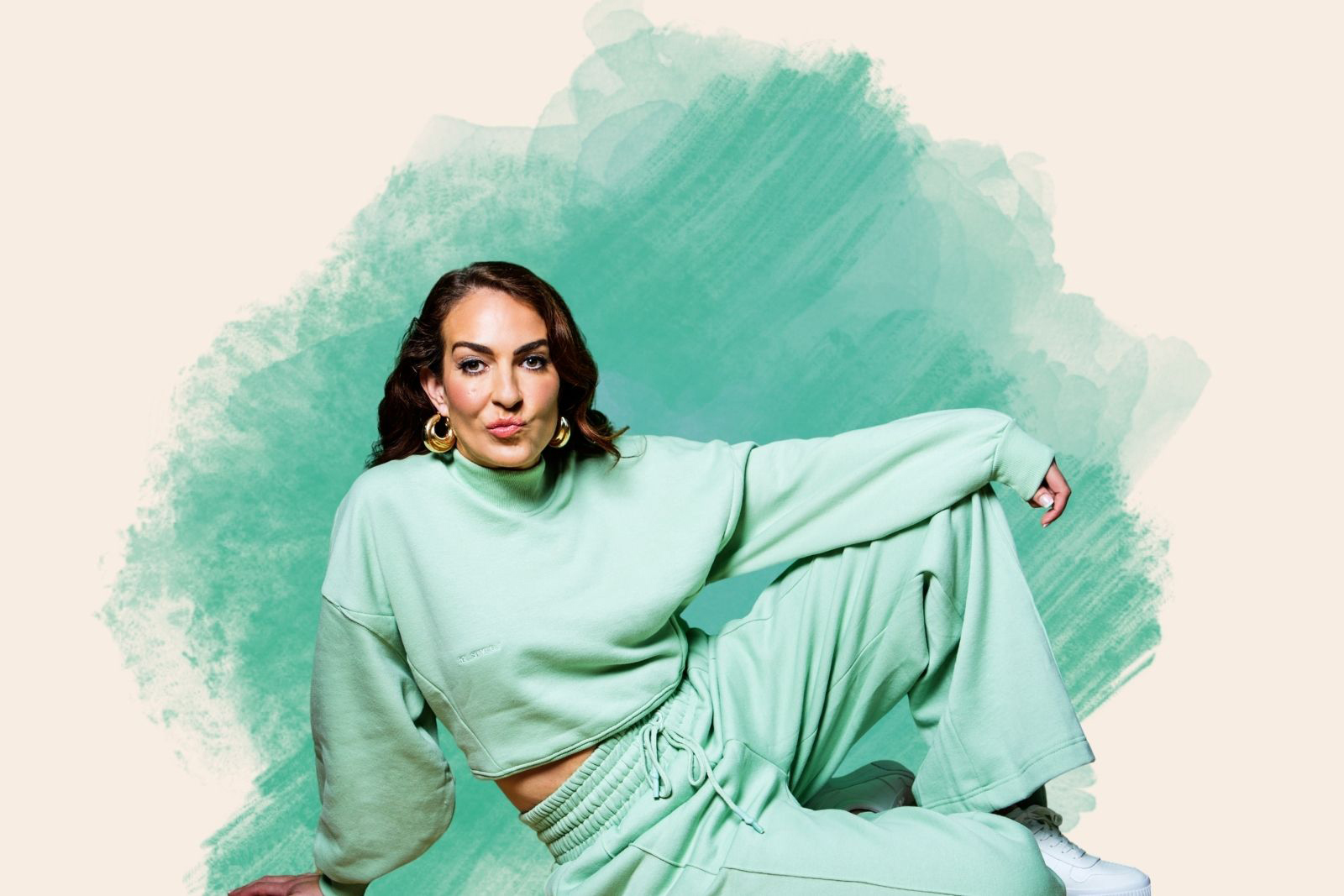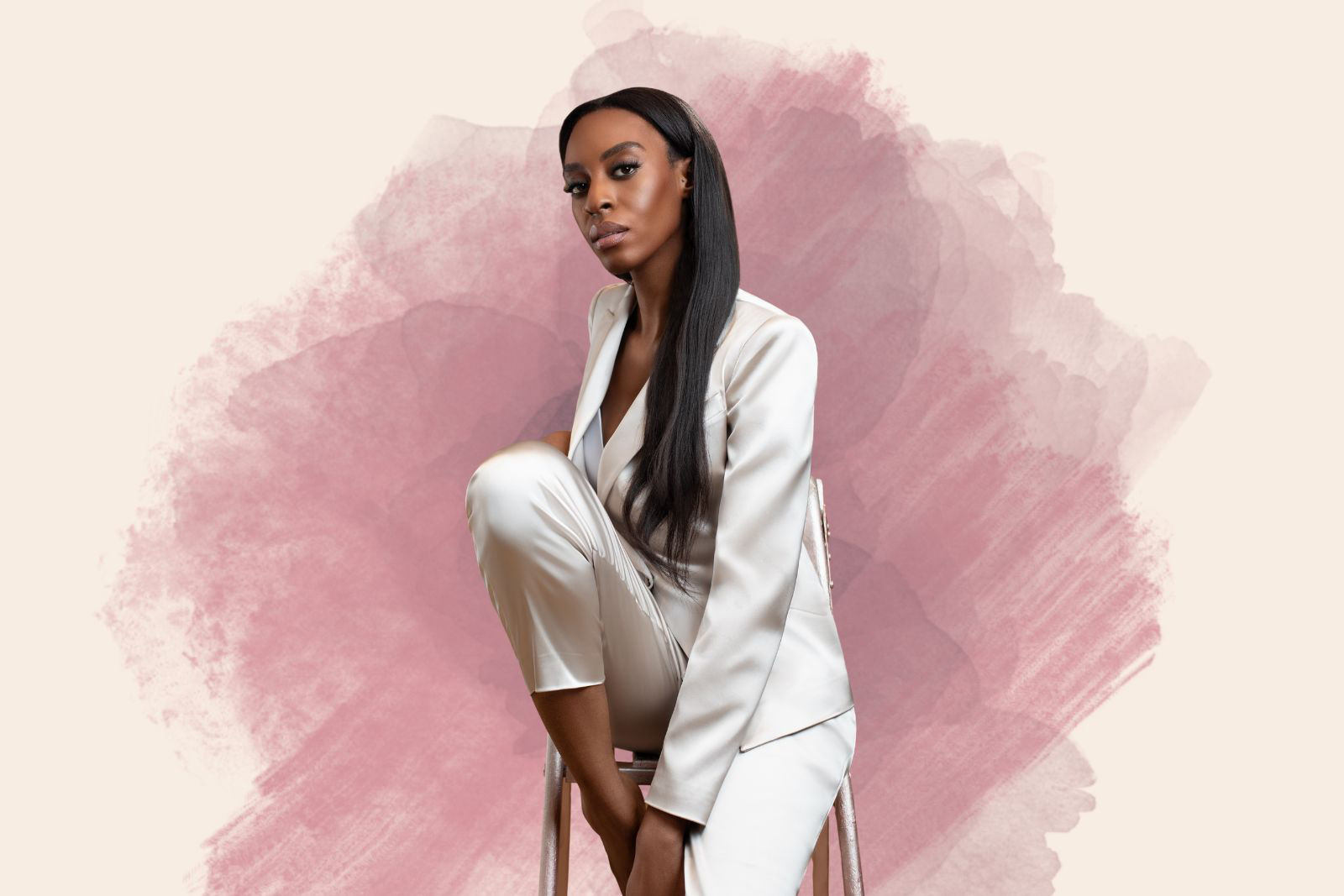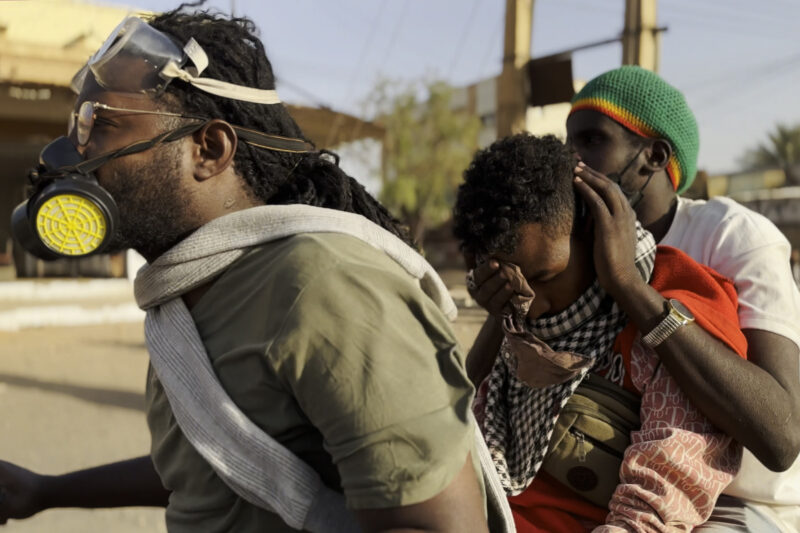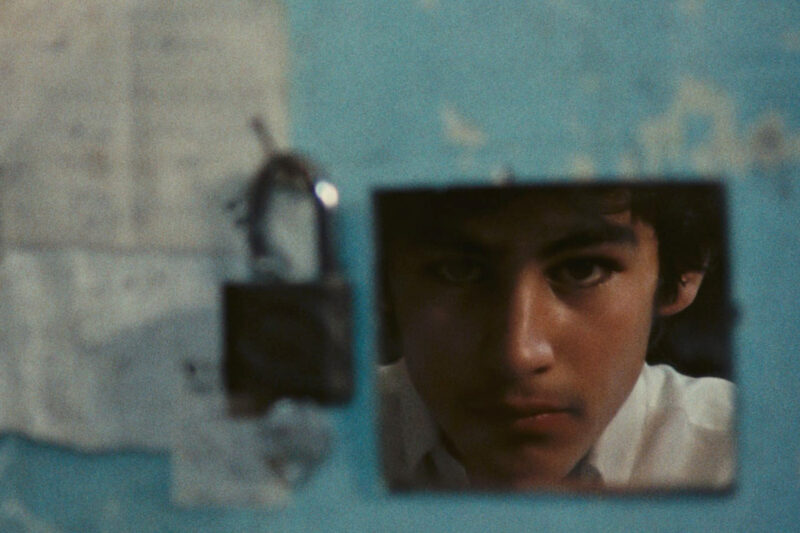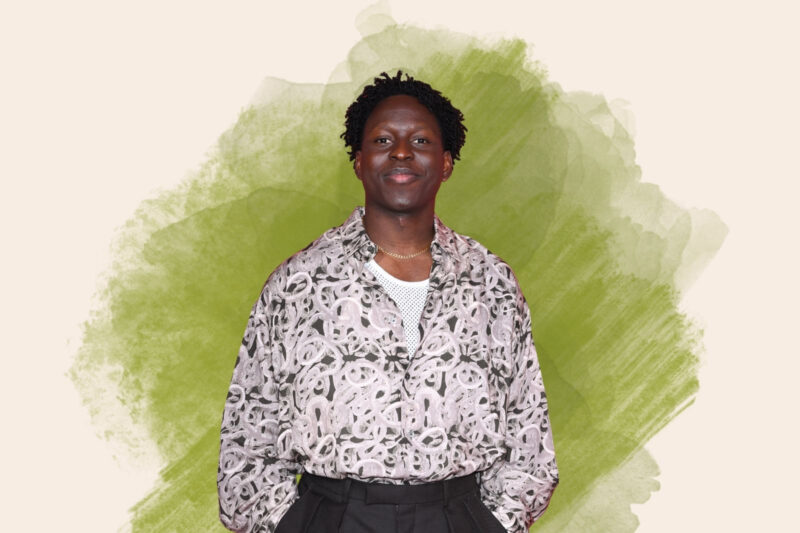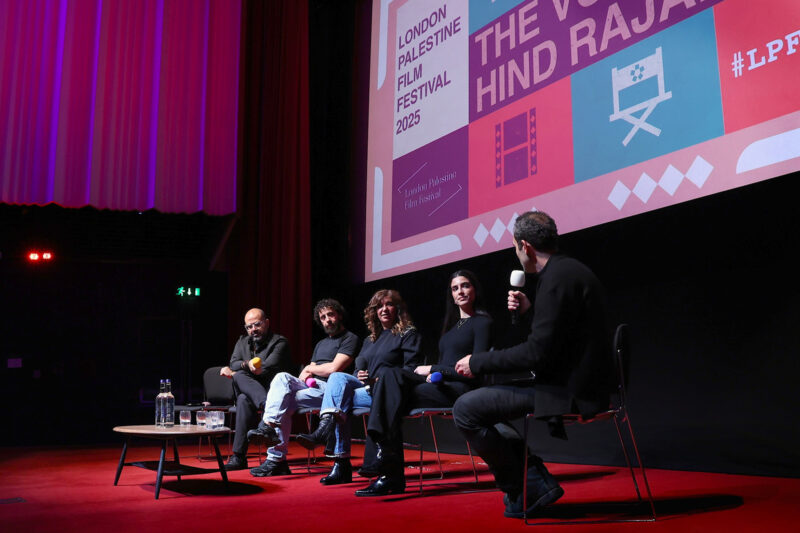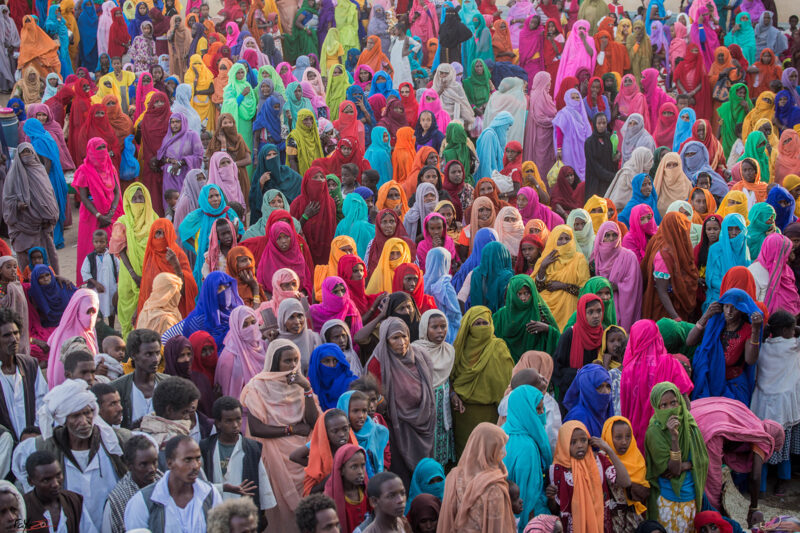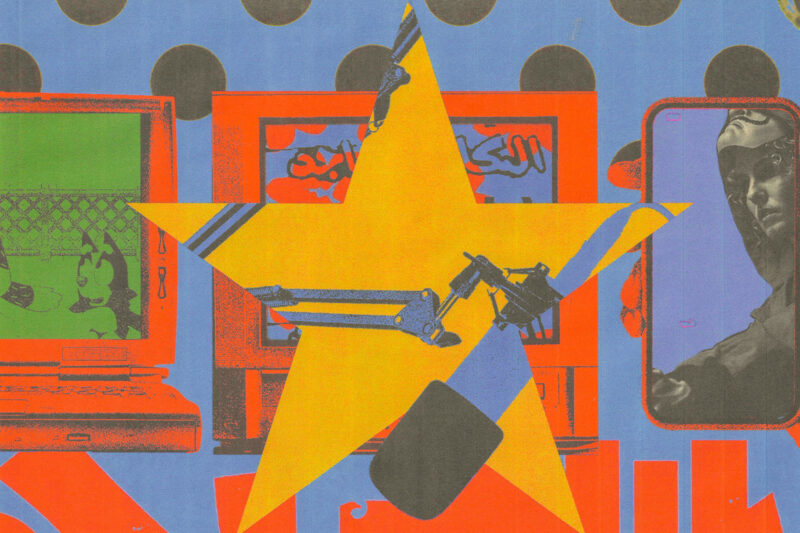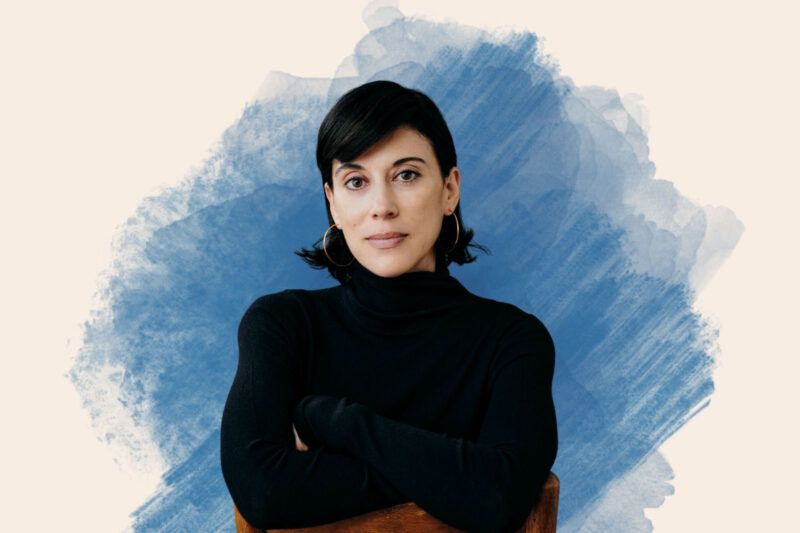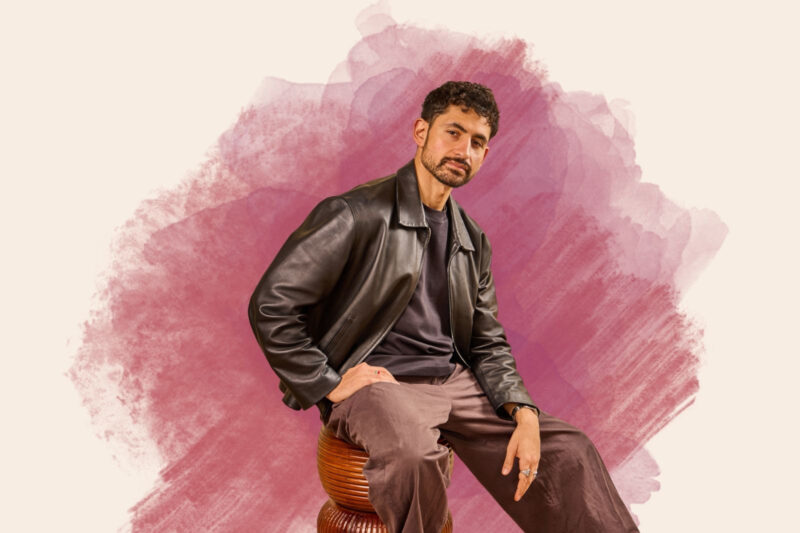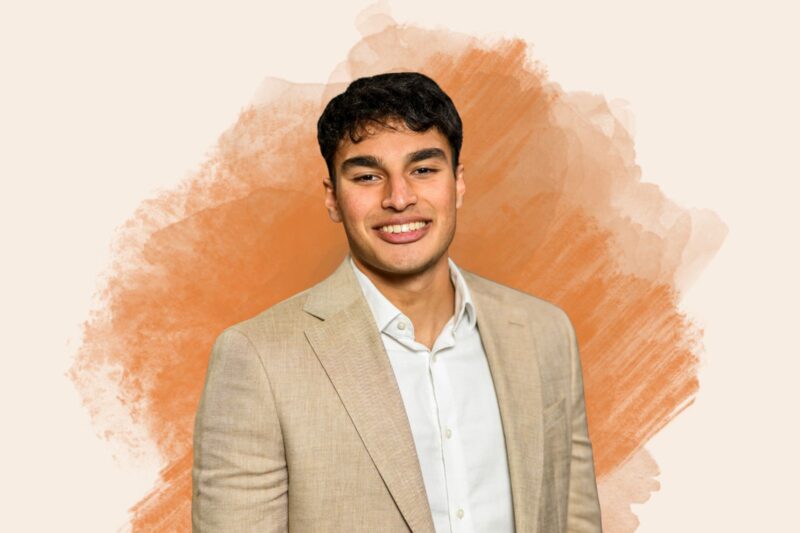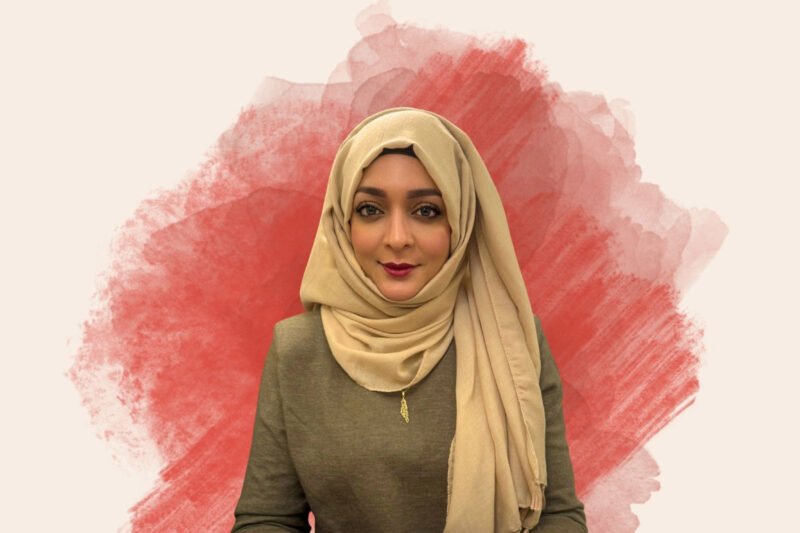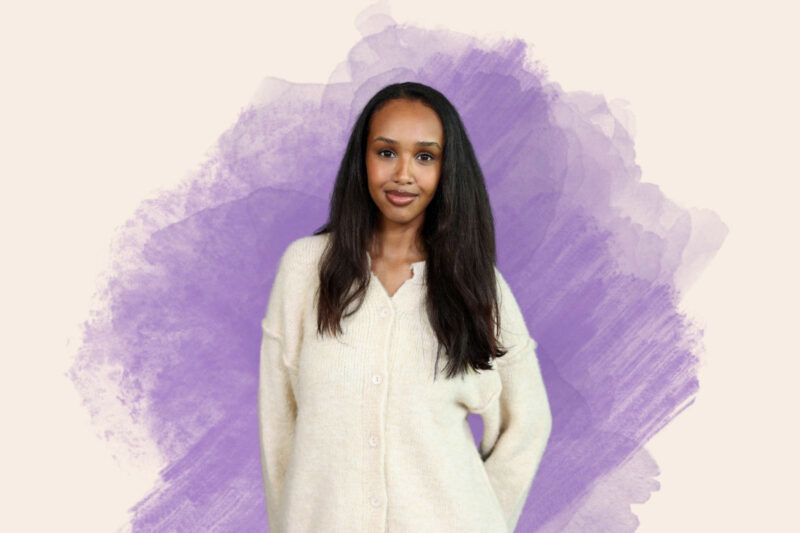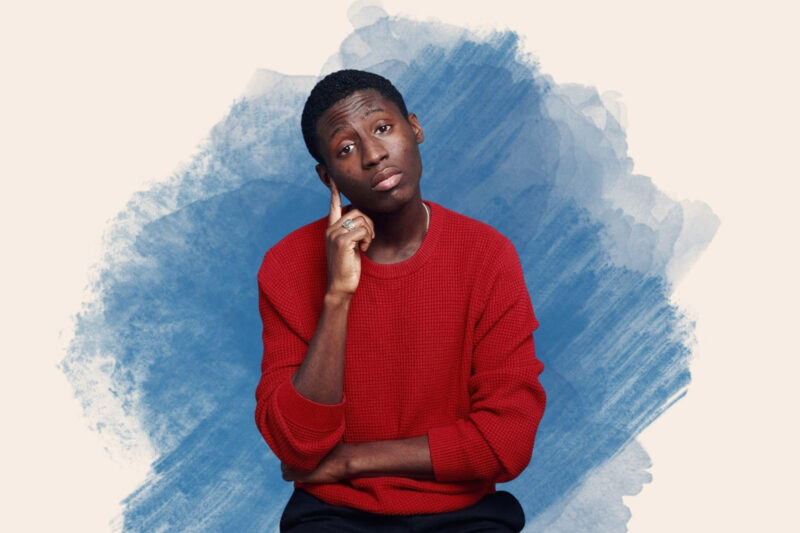Weekend with Waleed Elgadi: ‘Joy is an act of rebellion’
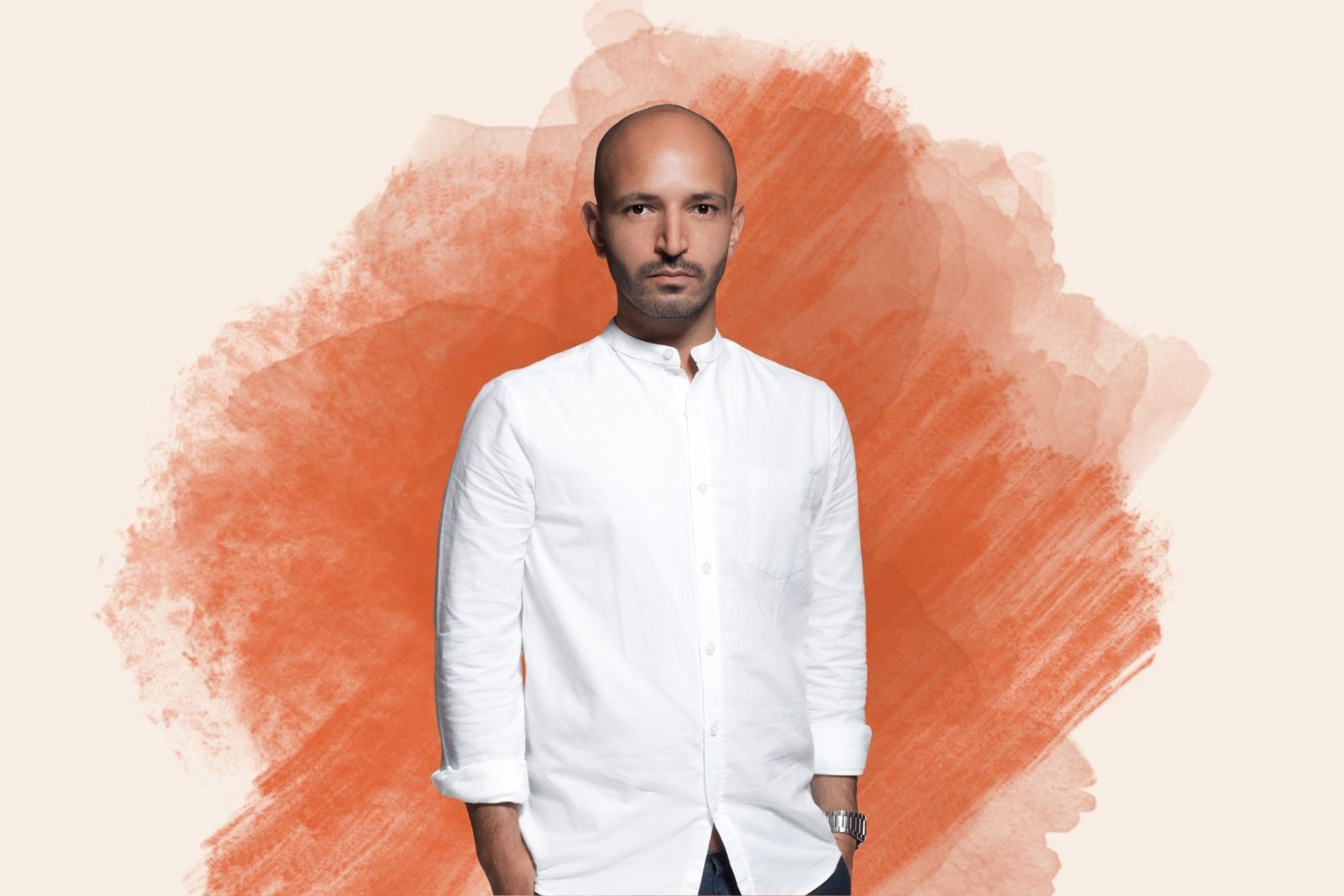
The actor on his favourite Sudanese dishes, spontaneous trips to the theatre and his love of avocado
Waleed Elgadi is a British-Sudanese actor and writer based in east London. He is known for his work across stage and screen, including roles in the Netflix series Alexander: The Making of a God, films such as Russo Brothers Mosul and the cult classic Four Lions. Upcoming, he stars in the action series Apollo Has Fallen for Amazon Prime.
Born in Khartoum, he moved to the UK aged 11. Elgadi focuses on socially conscious storytelling through his writing and theatre projects, particularly on Sudan.
In November 2025, he will premiere a performance he has directed as part of Drawing Us Together, an event at King’s College London produced by the charity Waging Peace, which showcases children’s artwork reflecting their experiences of the war in Sudan.
This interview has been edited for length and clarity.
What’s the first thing you do on a Saturday morning?
I have a bit more of a lie-in, but I’ll do meditations, prayers and then if I’m being good, I’ll go for a run. If I’m being really good I’ll go for a run and do a HIIT workout as well.
Sounds very disciplined.
I’m getting there.
Are you someone who plans ahead or goes with the flow?
I’m very happy to do things on a whim. I like to go to a lot of theatre and if it’s something that’s popular, that obviously involves planning ahead. Same with gigs. But I like to think I’m quite a spontaneous person. It’s hardwired in me.
What was the last spontaneous thing you did?
I went to see a musical called The Harder They Come, and it was really one of the best things I’ve seen this year. It’s a proper feel-good musical with loads of Jimmy Cliff’s music. Pure entertainment from start to finish.
Other music recommendations?
The Miseducation of Lauryn Hill is incredible. Prince and David Bowie. Amy Winehouse and George Michael are on constant repeat.
What are you working on at the moment that you’re excited about?
I’ve had a lucky summer working for about three months filming a TV show called Apollo Has Fallen for Amazon Prime. This is the second season and I play Hassan who is a Libyan interpreter, he’s a good guy.
What are you watching at the moment?
I’m always so 2000 and late with TV. I’ve only just started watching The Morning Show. It’s really good. I’m also watching The Celebrity Traitors like everybody else.
Would you be a traitor or a faithful?
A faithful. It would be so much hard work to be a traitor. I’d give it away really quickly, I think you can read my face easily. I’d also like to think I’m quite a perceptive person.
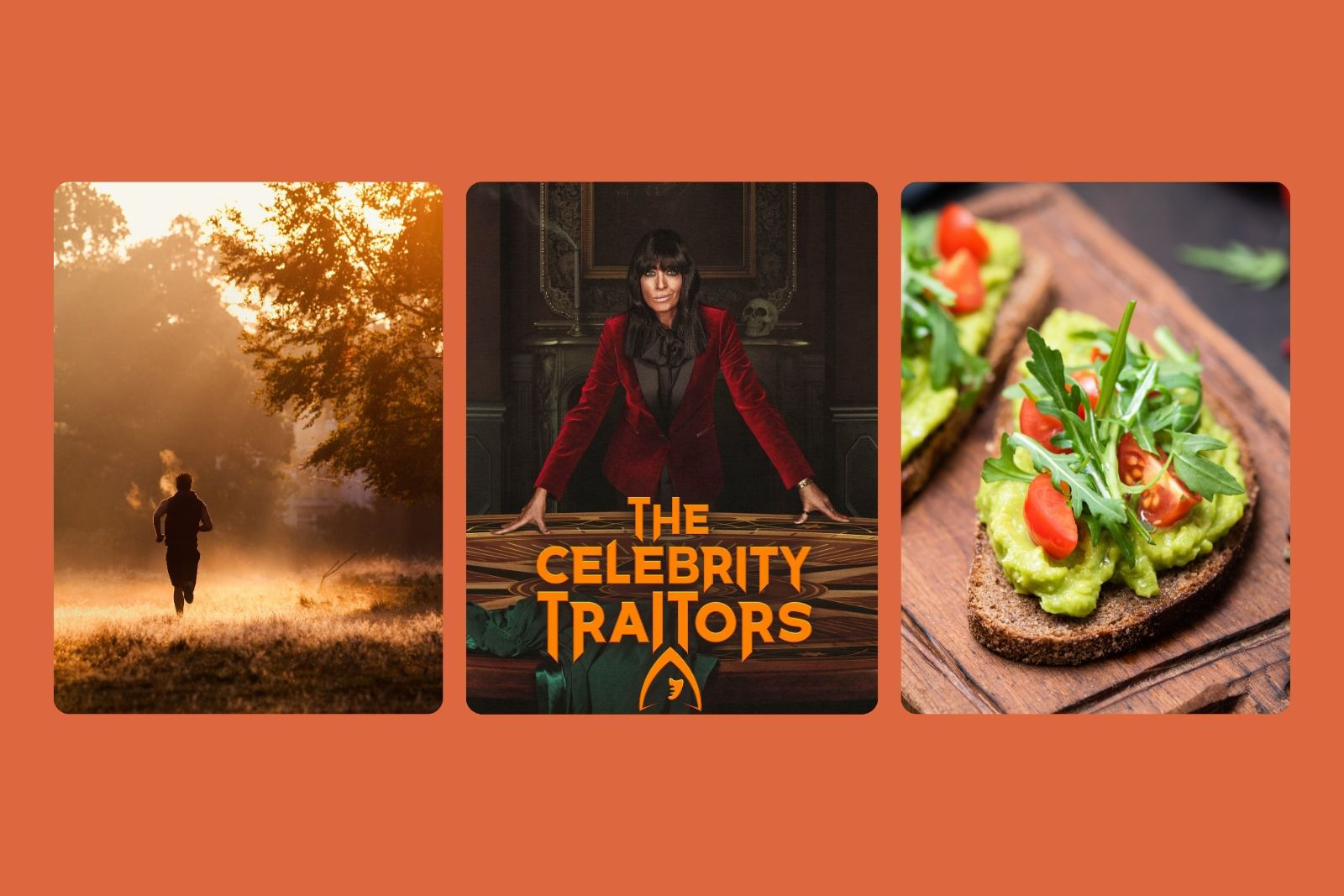
What do your Saturday nights look like?
It used to be: “We’re going out, we’re going big.” Now, I’ll probably order a takeaway, watch a nice film, chill and visit family.
What’s on the menu for breakfast the next day?
I have my staple breakfast which is tomatoes and avocado on a piece of nice bread with olive oil, salt and pepper. I’ve become one of those people who — I’m sorry to say — has avocado with everything.
I’ve recently discovered the Dusty Knuckle bakery in Dalston. People think I’ve got shares in there because I’m always banging on about it. Their feta, honey and fennel seed pastry is one of the nicest things I’ve ever put in my mouth.
Do you like going out for food?
Oh God yeah. I’m a bit of a foodie. You’re probably going to ask me about my favourite restaurants now, aren’t you?
I am.
Qaglino’s — it’s a really fancy restaurant with a live band and it’s got a really rich history. But this is just for special occasions.
What Sudanese dishes should people try?
We’ve got dakwa, which is a peanut butter salad with tomatoes, onions and lemon. It sounds wild but it’s delicious. Agashe is meat with lots of spices and peanuts, either with beef, chicken or lamb. We also have a lot of stews, like mullah robe. My favourites are the Sudanese versions of Arabic cuisine. For instance, we’ve got salata aswad, which is babaganoush but different.
Tell us about the upcoming performance you’ve directed as part of the event with Waging Peace.
It is about the youth of Sudan communicating across communities and generations. I’m writing and directing a piece about Hassan Hassan, who gave his testimony at the International Criminal Court. We’re using the children’s drawings to highlight his story and what he said about his journey.
We invite everybody who wants to be an ally to come, because Sudan is so much more than this war. There is such a rich culture and heritage that we will explore.
Tell us more about your activism.
Joy is an act of rebellion. As a Sudanese person there’s a survivor’s guilt and worrying about posting joyous stuff online. But we’ve got the privilege of fighting on behalf of people who can’t, so if what you need to be able to fight is to go out, walk in nature, switch off your phone, or be with people that bring you genuine joy — then so be it.
Any parting words for our readers?
Talk about Sudan, learn about Sudan.
Drawing Us Together is on 4pm-9pm on 1 November at King’s College London.
 Newsletter
Newsletter

